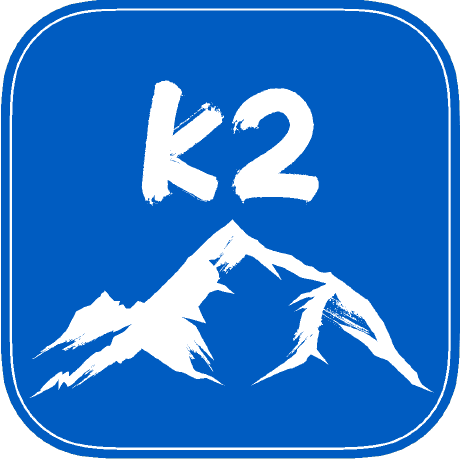Discover and explore top open-source AI tools and projects—updated daily.
athena-signal by  athena-team
athena-team
Speech signal processing library for research/engineering projects
Top 57.9% on SourcePulse
Athena-signal is an open-source C library with Python bindings for speech signal processing, targeting researchers and engineers. It provides implementations of core algorithms like Acoustic Echo Cancellation (AEC), Noise Suppression (NS), Direction of Arrival (DOA), and various beamforming techniques (MVDR, GSC), enabling enhanced audio capture and processing in custom projects.
How It Works
The library leverages C for performance-critical signal processing, exposing its functionality to Python for ease of use and integration. Key modules include AEC with multiple cancellation stages, HPF via cascaded IIR filters, DOA using the Capon algorithm (MVDR), and beamformers like MVDR and GSC. Noise estimation employs the MCRA method, and VAD is integrated with double-talk detection. Modules are individually configurable via switches, allowing flexible pipeline construction.
Quick Start & Requirements
- Install: Build wheel from source (
swig -python athena_signal/dios_signal.i,python setup.py bdist_wheel sdist), thenpip install --ignore-installed dist/athena_signal-*.whl. - Prerequisites: Python 3.x, SWIG, NumPy, Setuptools.
- Configuration: Requires manual setting of microphone count, reference channels, and microphone coordinates (3D) for beamforming/DOA modules.
- Examples:
examples/athena_signal_test.pydemonstrates usage.
Highlighted Details
- Implements Acoustic Echo Cancellation (AEC), Noise Suppression (NS), Automatic Gain Control (AGC), High Pass Filter (HPF), Direction of Arrival (DOA), MVDR, and GSC.
- MVDR and GSC support arbitrary microphone array geometries via user-defined
mic_coord. - Noise reduction based on "Minima Controlled Recursive Averaging" (MCRA).
- Modules are individually switchable for flexible pipeline configuration.
Maintenance & Community
- Open to contributions via issues and pull requests.
- Contact information for questions and suggestions is provided.
- Acknowledges contributions from WebRTC and Speex.
Licensing & Compatibility
- The README does not explicitly state a license. This requires clarification for commercial use or closed-source integration.
Limitations & Caveats
- The library is primarily implemented in C, requiring SWIG for Python bindings, which can complicate builds.
- Microphone array geometry (
mic_coord) must be manually specified for advanced modules. - No explicit benchmarks or performance metrics are provided in the README.
4 years ago
Inactive

 soupslurpr
soupslurpr Nikorasu
Nikorasu KoljaB
KoljaB absadiki
absadiki apeatling
apeatling sofdog-gh
sofdog-gh respeaker
respeaker mallorbc
mallorbc jianfch
jianfch MahmoudAshraf97
MahmoudAshraf97 k2-fsa
k2-fsa